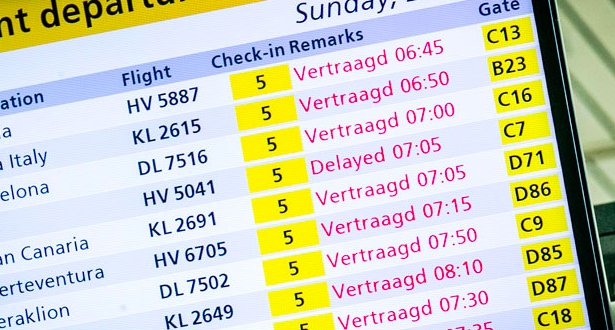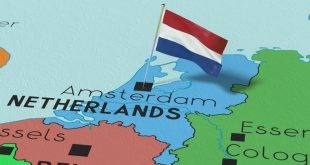In the latest of a series of columns examining international gambling legislation, GVC Holdings Director of Regulatory Affairs Martin Lycka retraces the industry’s arduous history with Dutch politics and policies…
_________________
The year was 1964. The Beatles dominated the charts, Sidney Poitier became the first Afro American actor to have won an Oscar and a Czechoslovak gymnast Vera Caslavska enchanted the world at the Tokyo Summer Olympics. That same year the Netherlands regulated its gambling market. The 1964 Dutch gambling laws are still standing.
Fast forward four decades, online gambling is born and with it strenuous efforts of parts of the industry, spearheaded by Betfair and Ladbrokes, to get licensed in the Netherlands. The saga of the Dutch online gambling regulation thus begins in the early noughties; it keeps raging until the present day.
Having exhausted all local judicial remedies, Betfair and Ladbrokes manage to convince the Dutch Council of State that there is merit in asking the European Court of Justice, the legendary ECJ, for advice on the matter. This also happens to be the point in time when the (admittedly much younger) author of these lines enters the gambling regulatory scene proudly sporting Betfair colours and standing tall in the whirlwind of the Dutch litigation.
The ECJ rules in 2010 that the 1964 Dutch laws, and in particular the licensing processes conducted pursuant to them, are not as hunky-dory as the then Dutch government would have had us believe. This decision sparks a flurry of fresh litigation before Dutch courts. The ultimate goal of the litigation is to convince the Dutch authorities that it was high time they took steps towards dismantling the laws of old and allowed well-respected operators to reach the promised land of an efficiently regulated market.
However, the path to regulation turns out to be rocky and bumpy, full of twists and turns. Every single aspect of the regulation, ranging from the applicable tax rate to the scope of the duty of care the future licensed operators will be asked to take on themselves, is cautiously examined and re-examined from every single angle.
Despite the 2016 approval by the Lower House of the Dutch Parliament, the end of the regulatory process remains seemingly out of sight. It morphs into a modern-day story of the Flying Dutchman; a cursed captain condemned to roam the high seas without rest forever, whose chance at redemptive love comes only every seven years when his ship is cast ashore.
What of the offshore operators in the meantime? Forcing them to stop taking business from the Netherlands would arguably have a catastrophic effect on the future channelisation rates as customers would be left at the mercy of the true black market operators. As a result, a set of enforcement criteria sees the light of day.
Offshore operators are allowed to visit the Dutch shores much more frequently than the accursed captain. They are however not permitted to display their full colours – no .nl sites, no targeted marketing, no use of typically Dutch items such as orange painted clogs or tulip themed features. The operators adapt their offerings accordingly.
The beacon of hope summoning the Flying Dutchman to come ashore to break the curse is lit on February 19, 2019, when the Dutch Senate approves the new Online Gambling Bill. The Bill is designed to permit a full portfolio of online gambling products, including sports betting, poker and casino, subject to taking out a licence and paying a headline rate of tax of 29 per cent GGR.
With a firm eye on the channelisation rate, offshore operators are welcome with some of them having to serve their time in the sin bin in the form of a 2-year bad actor’s clause, now reflected in the latest set of enforcement criteria released by the Dutch regulator.
The new regulation is currently set to enter into force on January 1, 2021, with first licences being expected to be granted to domestic operators and operators who are sitting out the currently unregulated market six months later. Other operators may need to wait a little longer while being allowed to continue their “tulip-free” non-targeted offer.
Assuming 1964 was the beginning of our Flying Dutchman’s ill-fated voyage 2020 marks the eighth time the forsaken gambling ship will be cast upon the Dutch shore. Subject to the successful completion of the debate surrounding the regulation that will implement the new act, there is a good chance that the captain will find the so coveted true regulatory love and usher the Dutch Online gambling market into a new era by the end of this year.
___________________
Martin Lycka – GVC Holdings Director of Regulatory Affairs









